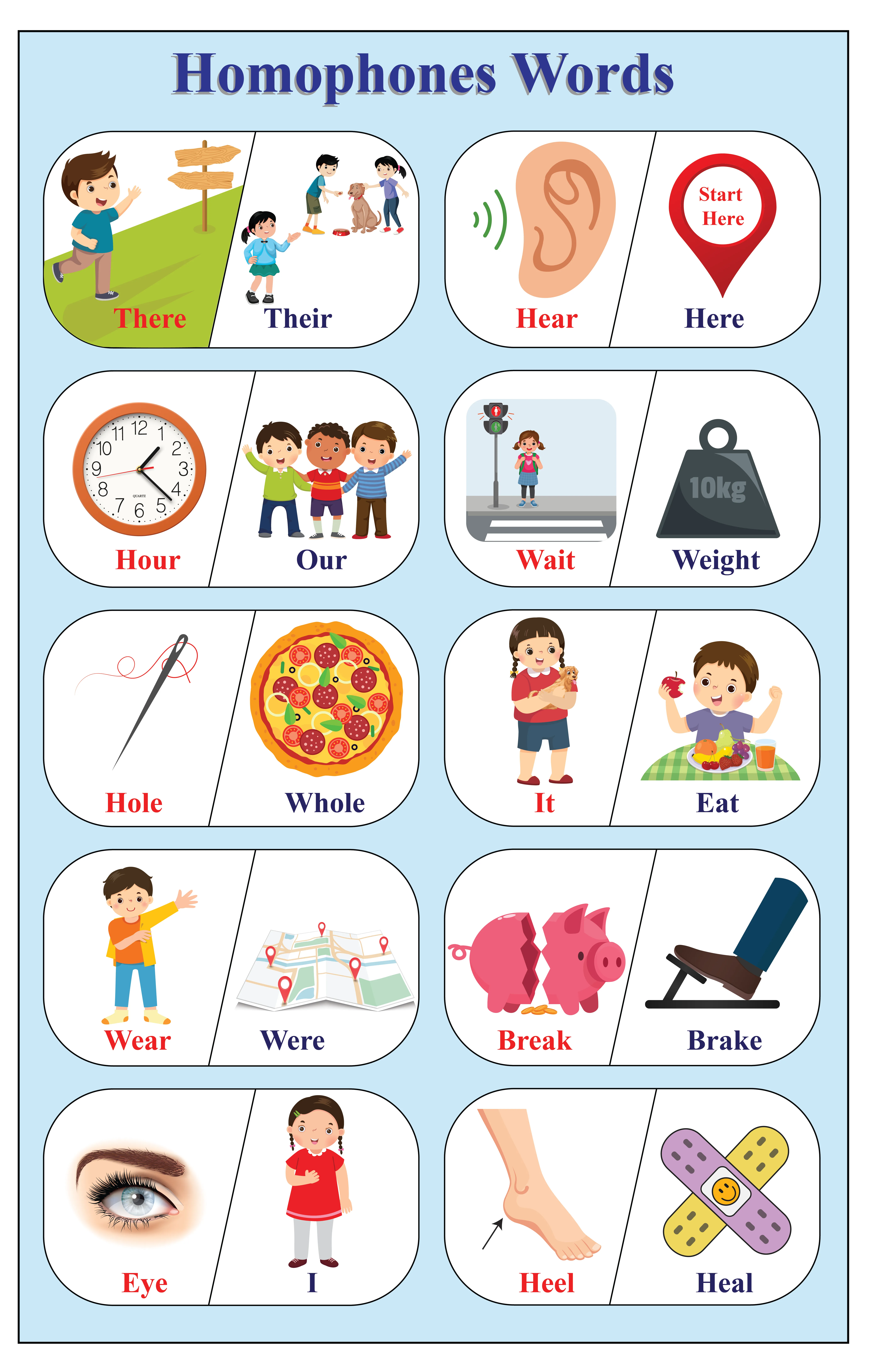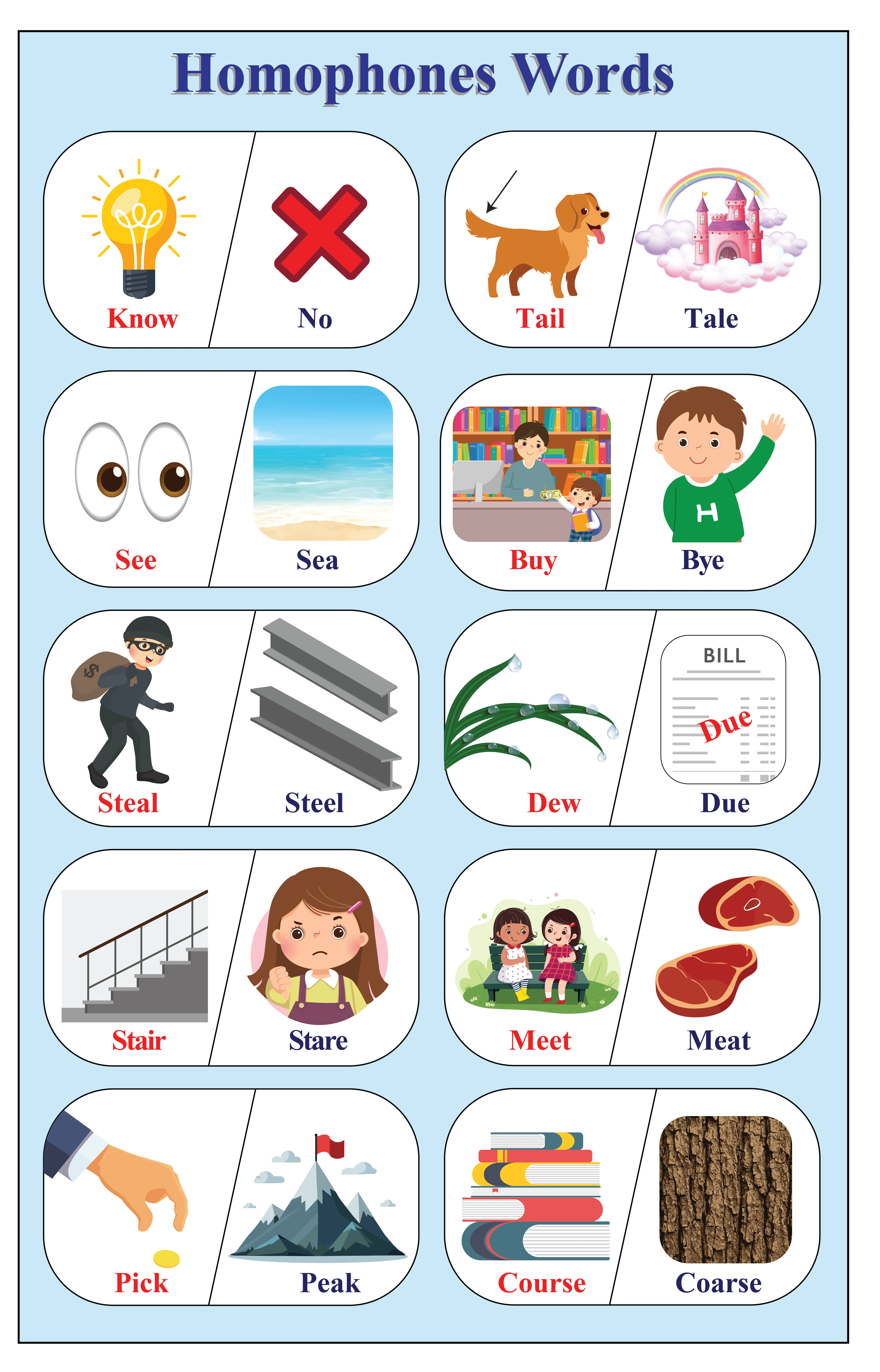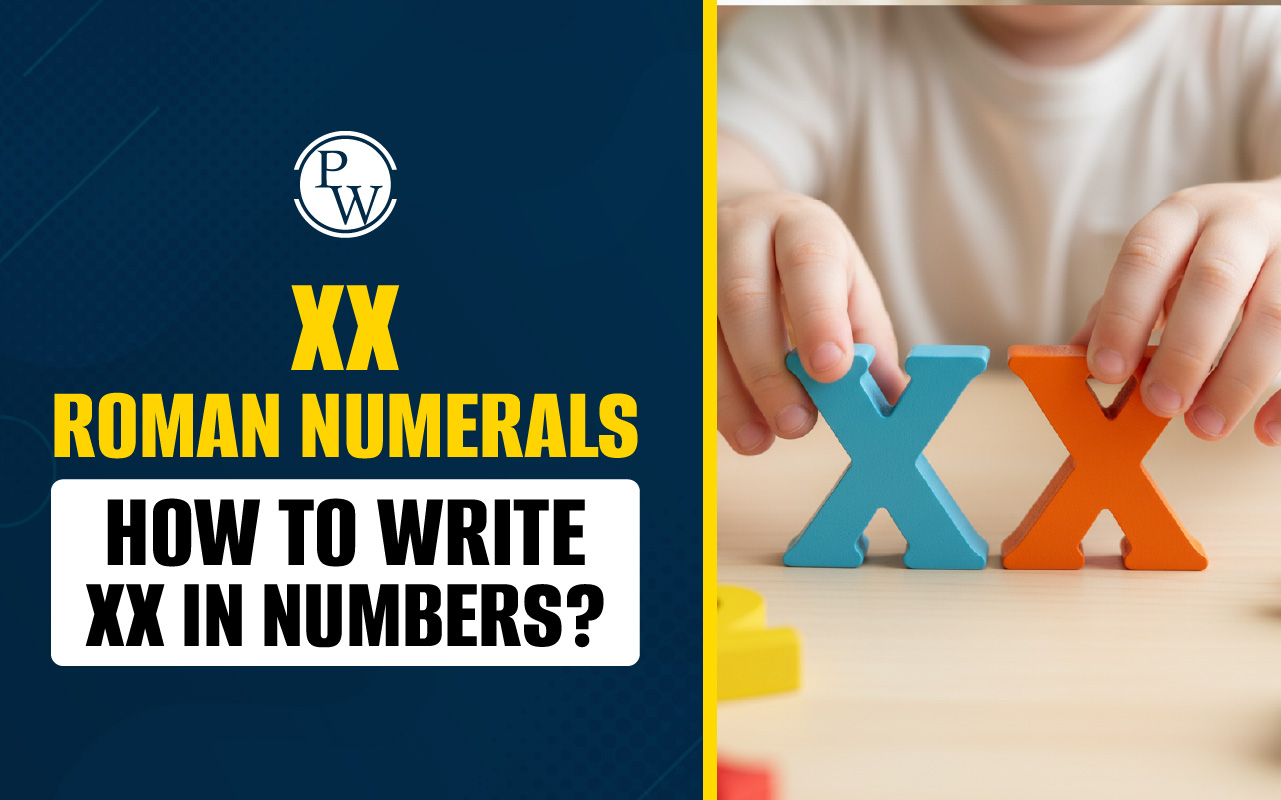
Homophones are some special words we often encounter in everyday communication that carry different meanings but are pronounced similarly. They can make communication fun as well as confusing at times.
Whether you are interacting informally or giving a speech, a knowledge of homophones and their appropriate use can make the communication clearer and sharper. In this blog, we help you learn about common homophone pairs with a list of homophone words and simple examples so that you can use them confidently and correctly.
Read More: Opposite Words
What Are Homophones?
Homophones are two or more words that sound the same when we hear them, although their meanings are entirely different. The spelling of these words also differs.
Although spelled the same way, homophones are used in different contexts during conversations, depending on their meanings. For example, the words ‘Know’ and ‘No’ have different spellings and meanings, but we pronounce them the same way.
Homophone Words with Examples
Numerous homophone words in English are frequently used in conversations. There are minor to major spelling differences between homophones, but they all spell the same sound. Here are some interesting facts about homophones:
-
Sometimes, different letters spell the same. For example, ‘s’ and ‘c’ spell the same in sell and cell.
-
Some silent letters can make the words sound the same, although the spellings differ. For example, our and hour (h is silent),
-
The pronunciation of different vowels in homophones can be the same. For example, words like see and sea.
-
Homophones can be different parts of speech. For example, new (adjective) and knew (verb) are pronounced similarly.
-
There are homophones with completely different spellings. For example, Eye and I, Eat and It.
List of 20 Common Homophones Words
Homophones become a part of our conversations in daily life. Here is a list of 20 commonly used homophone words with different spellings, but we pronounce them the same way.

1. There/ Their
2. Hear/ Here
3. Hour/Our
4. Wait/Weight
5. Hole/Whole
6. It/Eat
7. Wear/Were
8. Break/Brake
9. Eye/ I
10. Heel/Heal
11. Know/ No
12. Tail/Tale
13. See/Sea
14. Buy/ Bye
15. Steal/Steel
16. Dew/Due
17. Stair/Stare
18. Meet/Meat
19. Pick/Peak
20. Course/Coarse

Homophones Words A to Z
In the English language, there are plenty of similar-sounding words that have different meanings and are used in different contexts. Here is a list of homophone words with meanings.
|
List of Homophones from A to Z (with meanings) |
|
|
Air (Atmosphere) |
Heir (Inheritor) |
|
Bye (Gesture) |
Buy (Purchase) |
|
Cell (Battery) |
Sell (Trade) |
|
Dear (Precious) |
Deer (Animal) |
|
Ear (Organ) |
Year (Duration) |
|
Flower (Blossom) |
Flour (Powdered seeds) |
|
Get (Receive) |
Gate (Entrance) |
|
Hair (Head cover) |
Hare (Rabbit) |
|
In (Inside) |
Inn (Resting place) |
|
Know (Aware) |
No (Negative) |
|
Lead (To guide) |
Lid (Cover) |
|
Male (Masculine) |
Mail (Letter) |
|
New (Novel) |
Knew (past tense of know) |
|
Piece (Fragments) |
Peace (Tranquility) |
|
Rich (Resourceful) |
Reach (Arrive) |
|
Site (Location) |
Sight (View) |
|
Two (Number) |
To (Toward) |
|
Waste (Rejection) |
Waist (part of body) |
Read More: Synonyms
Homophones Words with Sentences
A clear idea about using homophonic words in English can sharpen your communication skills and improve writing quality. We are providing 10 common homophone word pairs with example sentences to help you understand how they are used appropriately in everyday communication.
Sea/Sea
Sea: He loves swimming in the sea.
See: Can you see the traffic signal?
Write/Right
Write: Please write a report on the incident.
Right: This is not the right time to play in the field.
Buy/By
Buy: I want to buy a new phone.
By: I will reach your place by late evening.
Blue/Blew
Blue: She is looking gorgeous in the blue dress.
Blew: The referee blew the whistle to end the game.
Too/Two
Too: The shopping mall was too crowded.
Two: You need to take the medicine two times a day.
Seen/Scene
Seen: Have you seen my specs?
Scene: The scene was too emotional to watch.
Join online classes for kids Now!!








